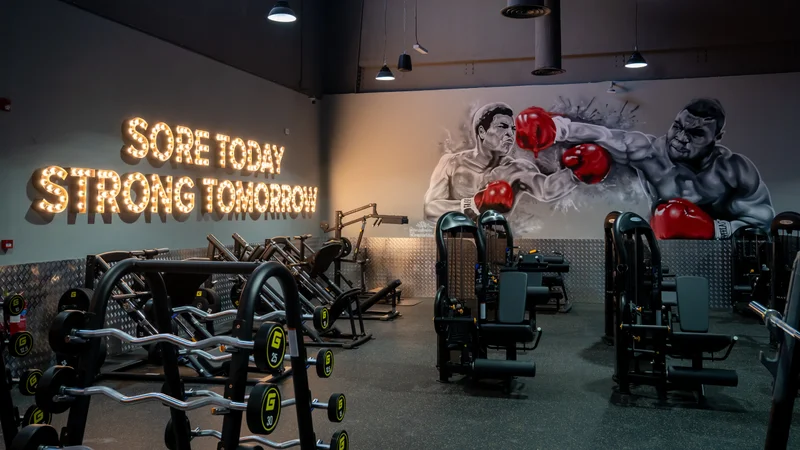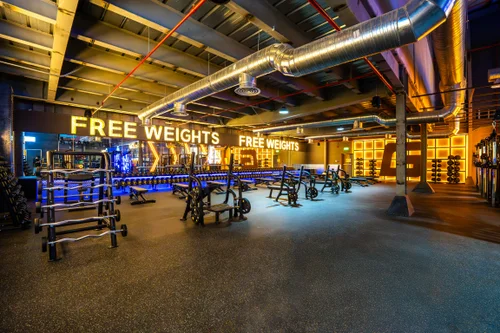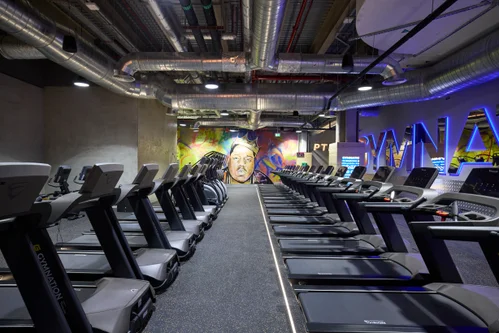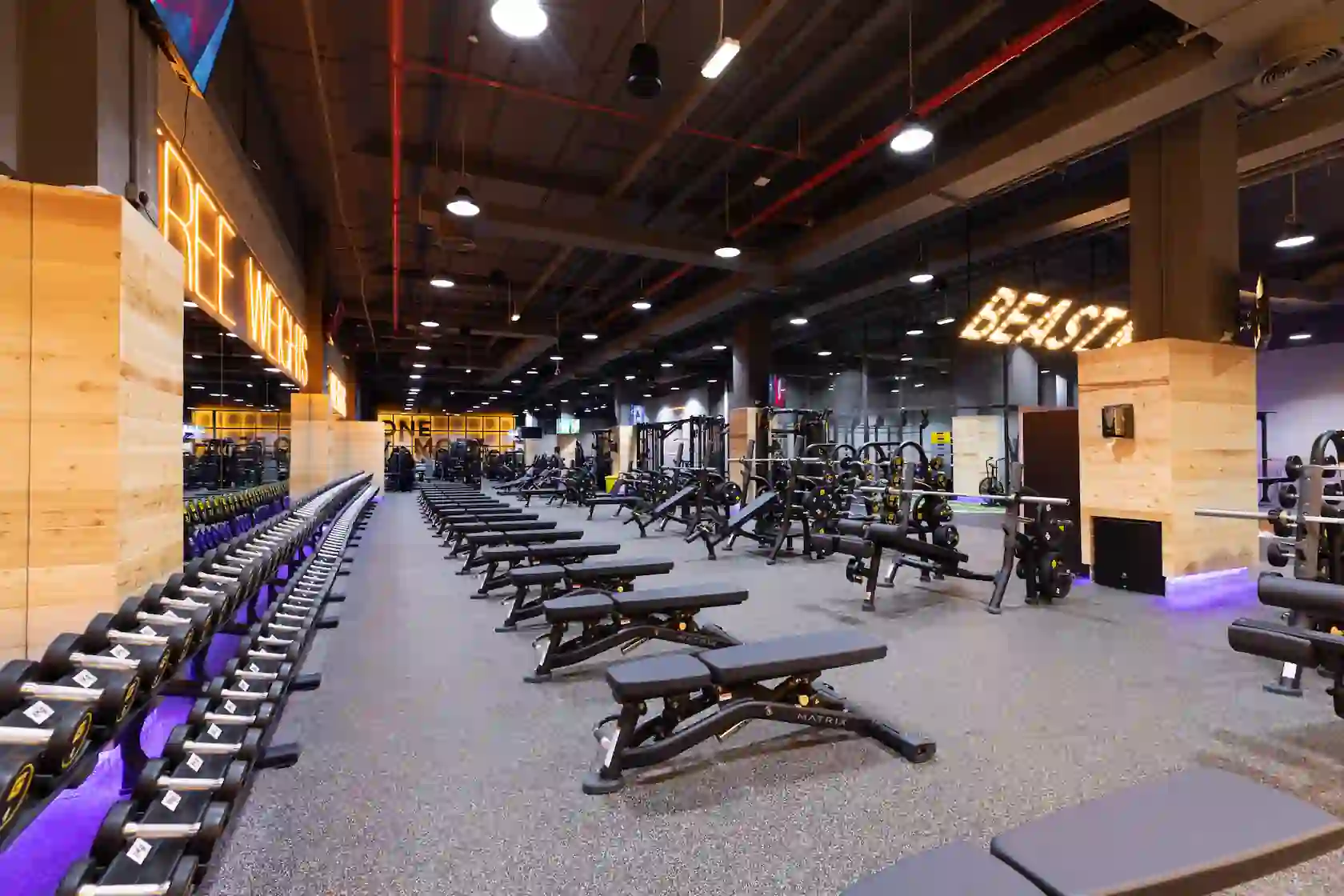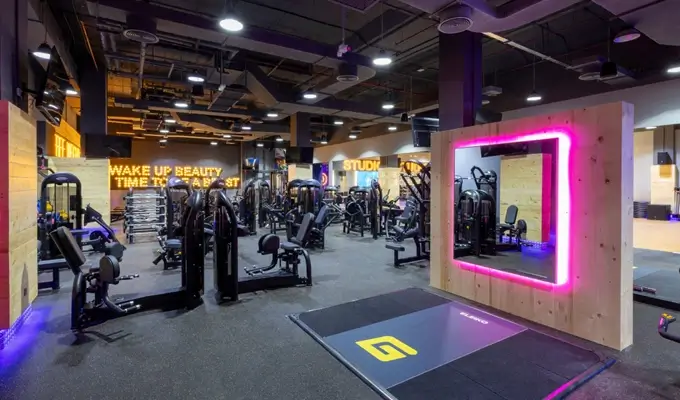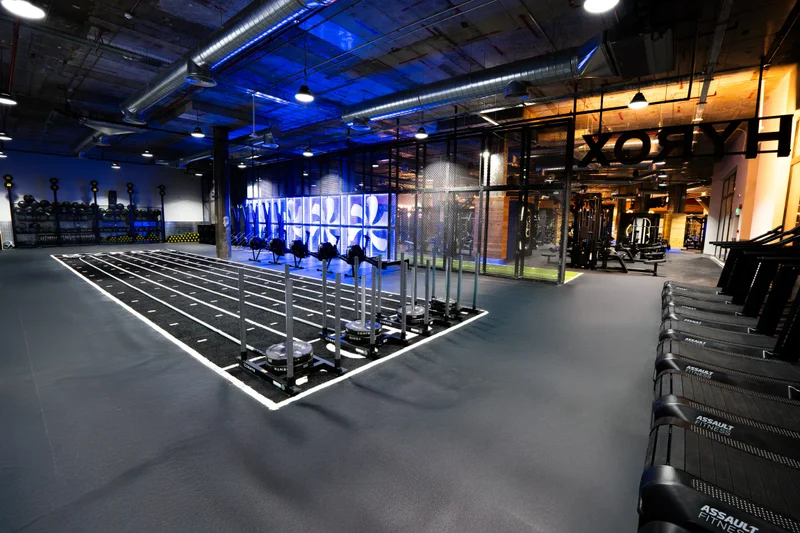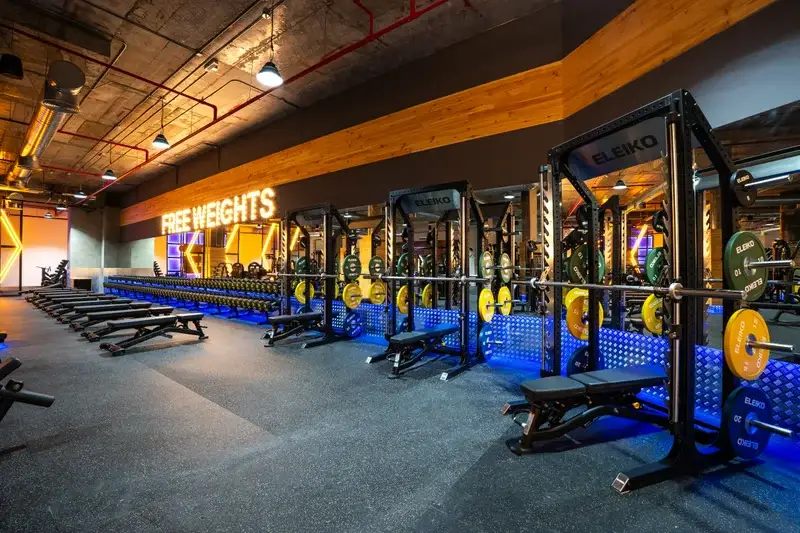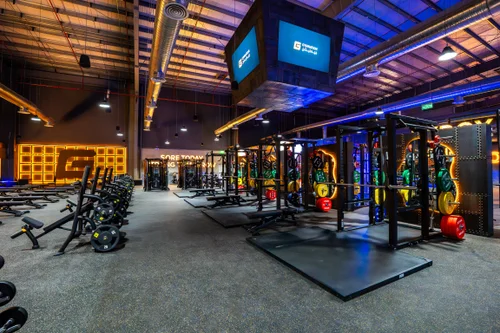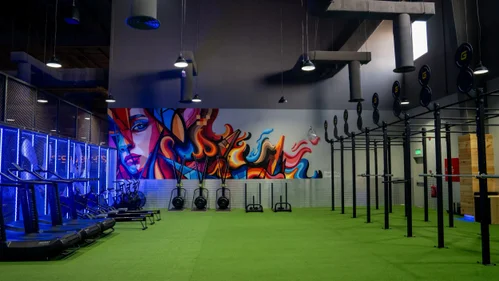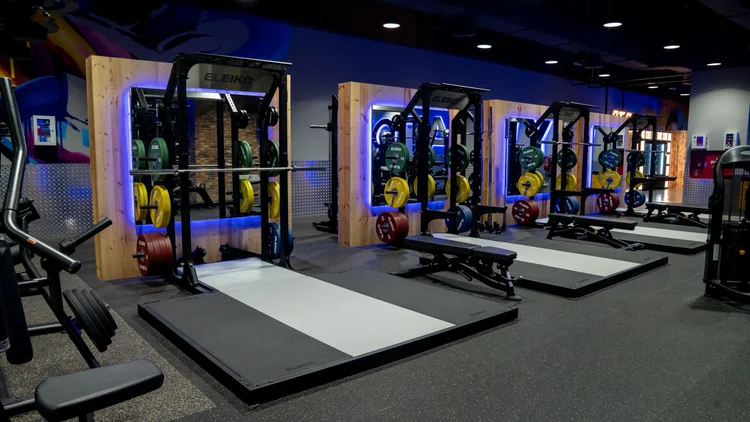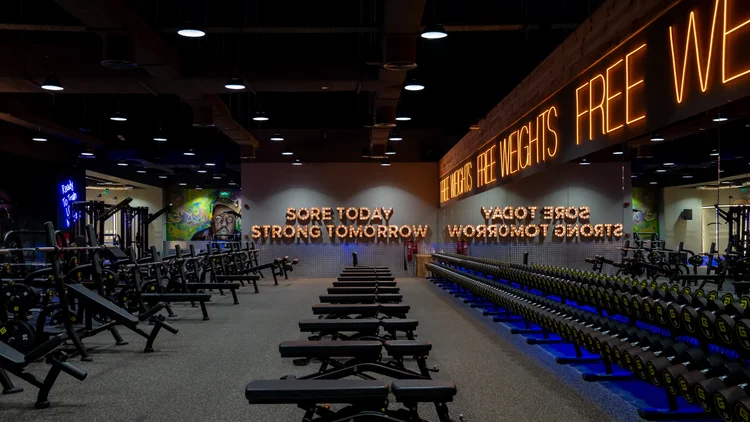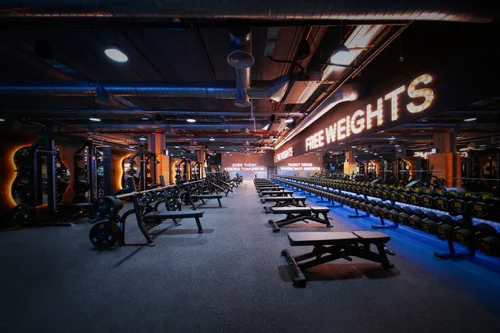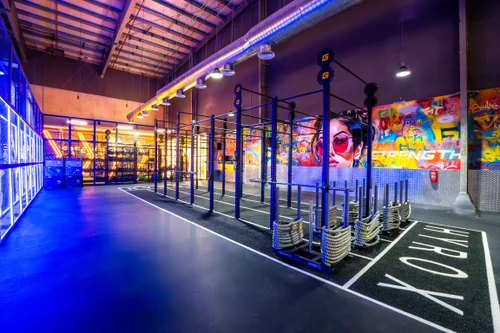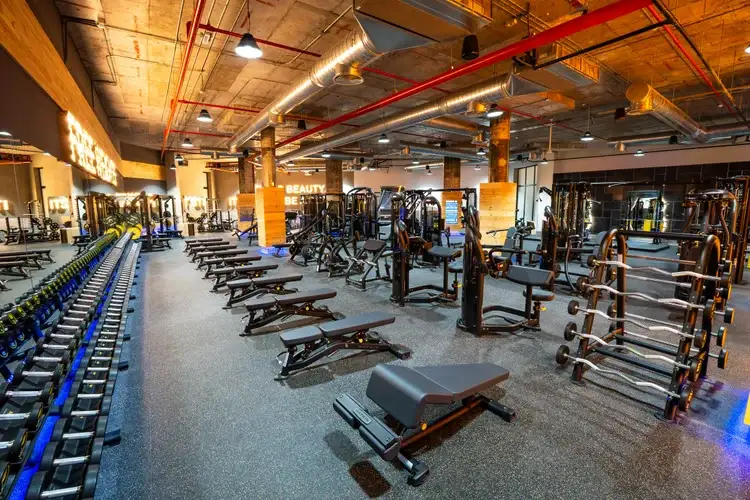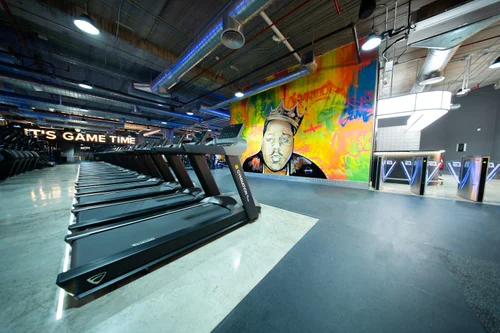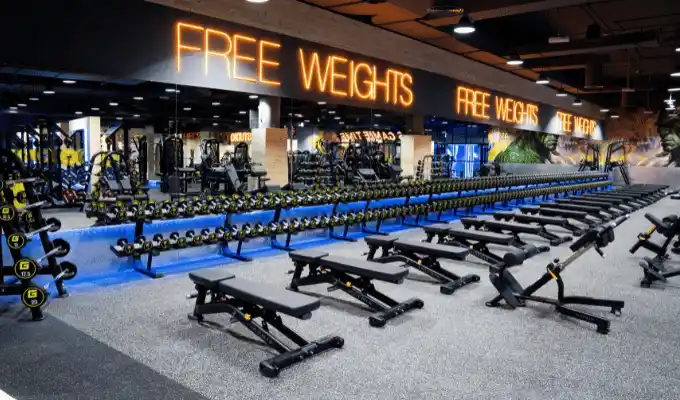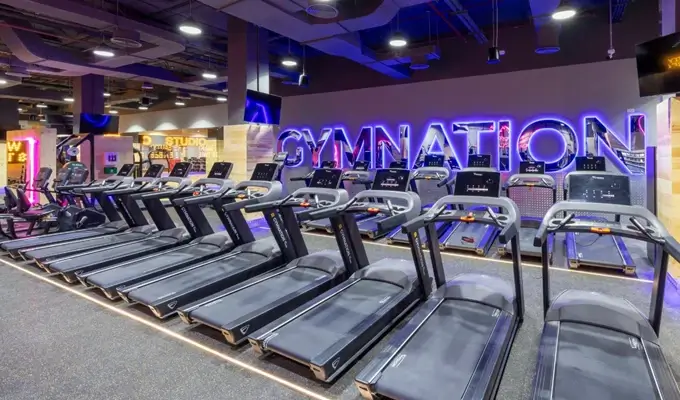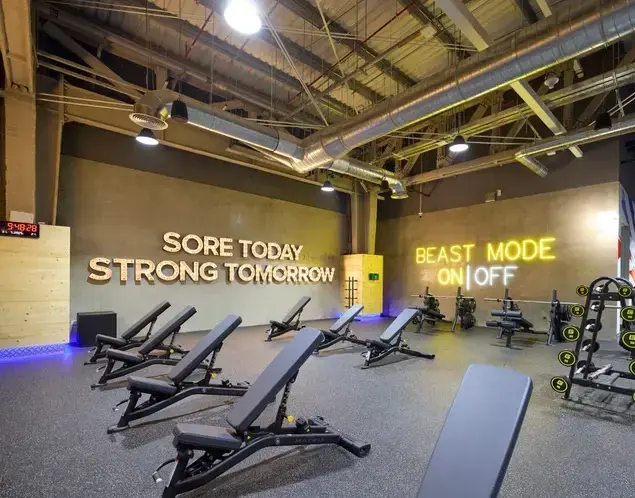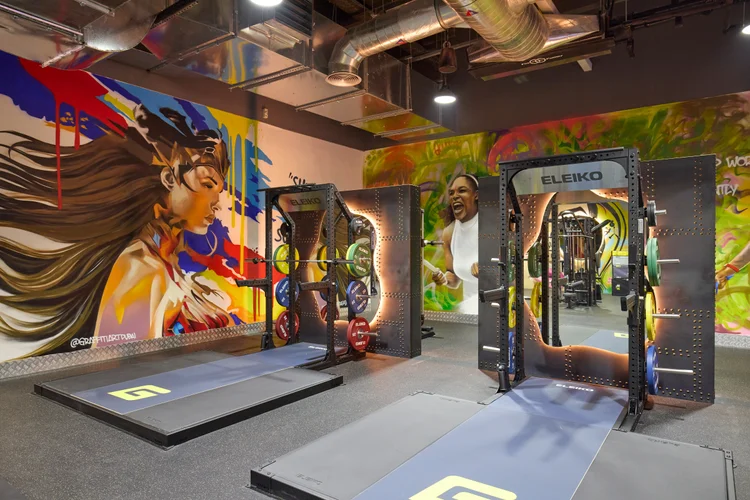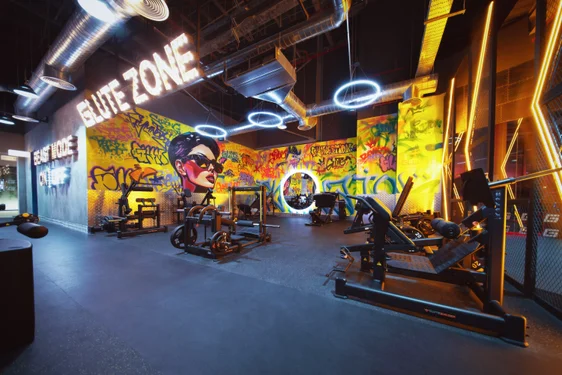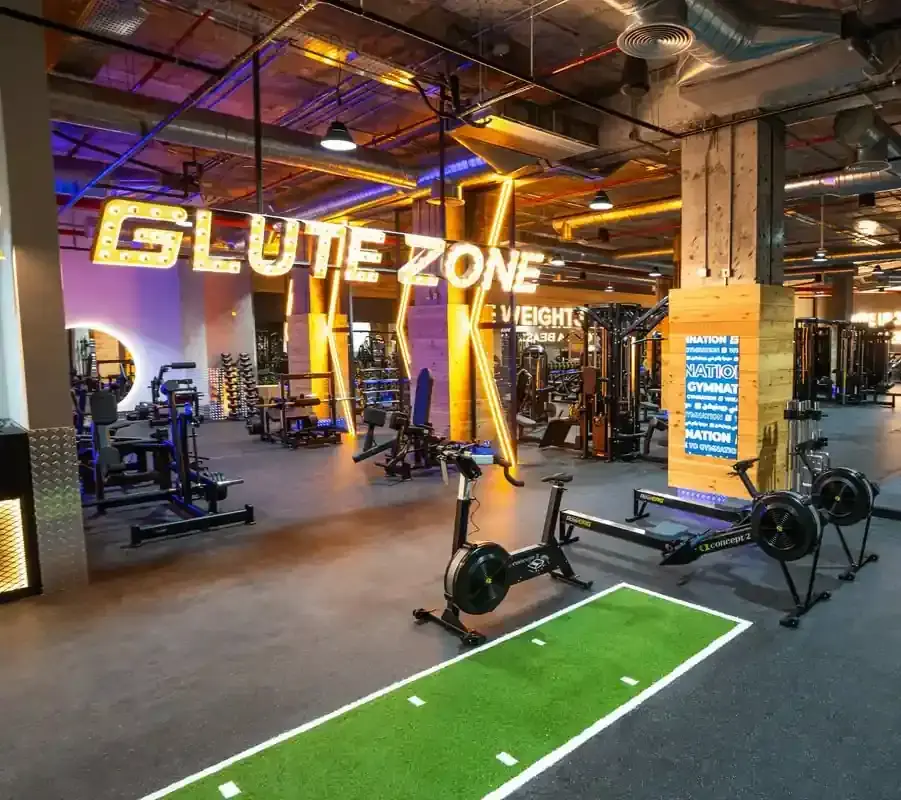Running Your First Marathon?

SIGN UP FOR YOUR FREE DAY PASS TODAY!
For countless runners, finishing a marathon is a bucket-list achievement. Known as one of the most challenging races, the 42-kilometer distance not only assesses your running abilities but also pushes your physical and mental limits.
This reputation as the ultimate test attracts thousands of Canadians to marathons annually.
However, it’s not just the distance that’s daunting; the preparation required to get marathon-ready can be equally intimidating, especially for those with limited long-distance running experience.
For instance, training injuries affect between 38 and 50 percent of marathoners, with most injuries occurring in the later stages of training.
With around 1.1 million runners attempting marathons each year, injuries are a well-researched topic.
Factors such as prior injuries, lack of experience, exceeding 65 kilometers in weekly training, and rapidly increasing weekly mileage are identified as common causes of training-related injuries.
New Runners Face Higher Injury Risks
Since inexperience is a significant risk factor, first-time marathoners need to approach training programs with extra caution.
While an abundance of training plans and advice from seasoned runners is available online, there is surprisingly little research focused specifically on novice runners.
This knowledge gap led a team of U.S. researchers to study 675 first-time marathoners preparing for the 2017 New York City Marathon.
The study aimed to explore the connection between running experience and injury risk.
Participants provided details about their training schedules, progress, and injuries through bi-weekly updates for 12 weeks leading up to the marathon.
They also shared personal data such as age, gender, weight, and running history, including their past races and longest weekly runs.
After the marathon, they reported on their race performance and any medical issues encountered during the event.
An injury was categorized as minor if it resulted in reduced training or pacing, and as major if it prevented starting or completing the marathon.
Insights on Novice Marathoners
The study created an insightful profile of first-time marathon runners. On average, women aimed to finish in 4.5 hours, while men aimed for 4.2 hours.
More than half (57.8 percent) chose a published training plan, although male runners were more likely to design their own.
Participants completed an average of 3.6 weekly training runs, peaking at 30 kilometers about four weeks before the marathon.
Despite these efforts, injuries were common, affecting 58.7 percent of runners during training. Overuse injuries, including knee pain, were the most frequent complaints.
Ultimately, 9 percent of participants missed the start line, and 1 percent of those who began the race did not finish, citing injuries or fatigue.
Interestingly, age, gender, and body weight had no significant impact on injury risk.
Instead, a lack of half-marathon experience and training schedules with more than four runs per week were linked to a higher chance of getting hurt.
Strategies for Injury-Free Training
The researchers concluded that novice marathoners could reduce their injury risk by focusing on a training plan with fewer weekly runs, ideally three, while maintaining a weekly long run.
How long is your ideal workout?
Exploring half-marathon distances before tackling a full marathon may also help, as the body adapts better to marathon training when it’s accustomed to longer distances and higher mileage.
A Pragmatic Approach to Race Day
For first-time marathoners, the primary goal should be crossing the finish line, not setting a record time.
Only 20 percent of the runners in the study met or exceeded their goal times, with average finishing times of five hours for women and 4.6 hours for men.
By prioritizing injury prevention, runners can focus on completing their training safely, even if it requires extending their timeline.
By following a thoughtful and well-paced training plan, first-time marathoners can finish healthy and achieve their dream of completing one of the most iconic races in the world.
Source: montrealgazette
The opinions shared in the GymNation blog articles are solely those of the respective authors and may not represent the perspectives of GymNation or any member of the GymNation team.
GET YOUR FREE TRIAL TODAY






















